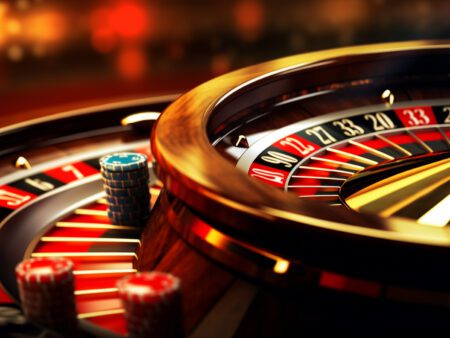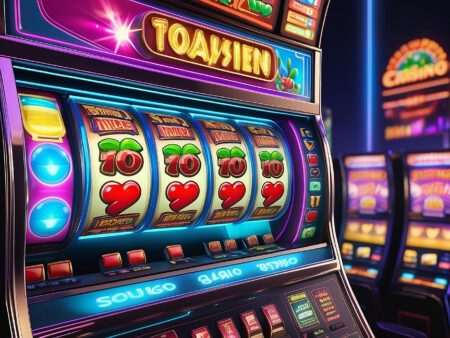Explore the psychology of roulette and learn how a player’s emotions can impact their decisions during the game. Find out about common psychological pitfalls and gain an edge.
The Psychology of Roulette: How Emotions Affect Your Game
Almost everyone who plays roulette has a story about a time when they thought they had beaten the odds. There’s something about the spin of the wheel, the bounce of the ball, and watching as the wagered numbers pass by that can foster a compelling sensation of control. But is this actually a product of skill, or is it a product of basic human psychology?
The Illusion of Control
The illusion of control refers to the tendency for human beings to overestimate their ability to control events, an occurrence that is very common in roulette. Though roulette outcomes remain random and independent of previous results, many players may feel that they can predict the result or exert influence over the ball’s landing spot. Nevertheless, it’s essential to remember that, in games like these, winning is by chance, not discipline or skill.
Emotion and Decision Making
Emotions play a significant role in decision making at the roulette table. Excitement, stress, and even the social atmosphere of the table can heavily influence a player’s strategy and betting habits. It’s worth noting that strategies based on emotions rarely lead to success in games of chance like roulette. It’s important for players to take a step back, breathe, think objectively, analyze their decisions, and avoid letting their emotions completely dictate their betting strategies.
Gambler’s Fallacy
Beyond the ‘illusion of control,’ another psychological pitfall in roulette is the gambler’s fallacy. This refers to the incorrect belief that if a particular outcome has occurred more frequently in the past, it is less likely to occur in the future (and vice versa). In roulette, every spin is independent and unaffected by previous spins. The chances of the ball landing on red remain the same irrespective of the color that has shown up most.
Recognizing the Role of Emotion
By understanding these emotional influences, you can attempt to make smarter roulette decisions. Conscious identification of emotions like excitement, nervousness, or desperation is the first step towards emotion-controlled betting. Try to determine if you’re wagering more due to actual confidence in your bet or because of the thrill of the larger risk. Remember, emotions are a natural part of the experience, but they should not dictate your decision-making process.
Emotional Control Strategies
Here are a few strategies that can help you manage your emotions while playing roulette:
- Setting a Budget: Determine before you start playing how much you’re willing to lose. This is often referred to as the loss limit. It helps to keep your emotions in check, as you know you’ve set a limit to your possible losses.
- Playing for Fun: Instead of focusing solely on winning, view the game as a form of entertainment. This perspective can help to alleviate stress and pressure.
- Regular Breaks: Games can become intense, and it’s crucial to take breaks to relax, rethink your strategy, and keep your emotions under control.
- Staying Sober: Avoid excessive alcohol as it can impair your judgement and heighten your emotions.
The emotional swings that come with gambling can be part of its allure. Yet, it’s crucial to remember that, like blackjack card counting, understanding and maneuvering through the emotions embedded in the game can make a considerable difference to your performance and experience.
Conclusion
As you can see, psychology plays a significant role in roulette. Acknowledging and understanding this aspect of the game can provide you with a more enjoyable and controlled experience. Equipped with the knowledge of how emotions can influence your decisions and how to utilize emotional control strategies, you are well on your way to a deeper understanding of the roulette experience.
Remember to enjoy the process as you delve deeper into the world of online gambling, and always wager responsibly. Do you have any personal experiences related to the effect of emotions on your roulette game? We’d love to hear about it in the comments!










